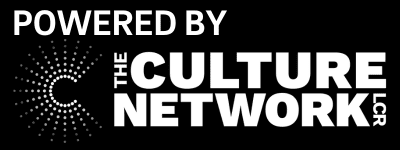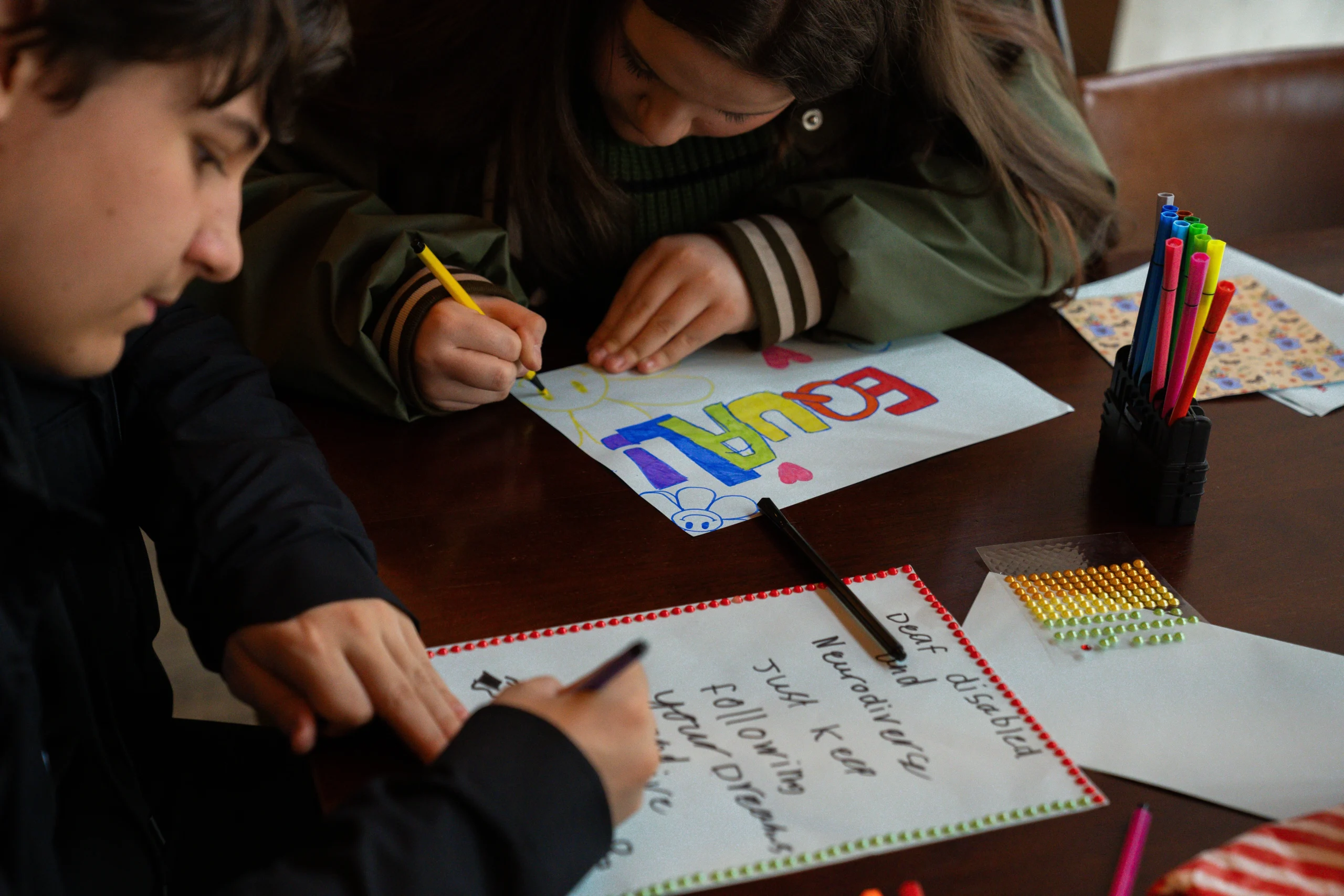
“A reassuring reminder of how many organisations and creatives within our community want to continue to curate access-informed spaces.” – Claire Beerjeraz
The Access Manifesto is a bold call to action for greater inclusivity in the arts, developed by 20 Stories High and Graeae Theatre Company. Shaped by the voices of young Deaf, Disabled, and neurodivergent people, the manifesto provides a practical framework for arts organisations to create truly accessible spaces. Here’s the story of how The Access Manifesto was created.
How High Times and Dirty Monsters Led to The Access Manifesto
The Access Manifesto was created after 20 Stories High and Graeae Theatre Company collaborated on their award winning show High Times and Dirty Monsters in March 2023. This production explored the challenges faced by young Deaf, Disabled, and neurodivergent people today. To create this show, they worked with over 60 young people and young adults from across the UK, including Liverpool, London, Leeds, Chester, and Manchester.
Through workshops, research and development weeks, and one-to-one sessions with young Disabled people, the teams listened to their lived experiences, thoughts, and feelings to shape the show. This process gave 20 Stories High and Graeae the opportunity to connect with more young people and make sure their voices were at the heart of the production. The show explored key issues around disability, the education system, family, work, the cost of living crisis, and parenthood, highlighting the intersections of Disability and everyday life.
Through these conversations, it became very clear that change was urgently needed, especially in the arts sector.
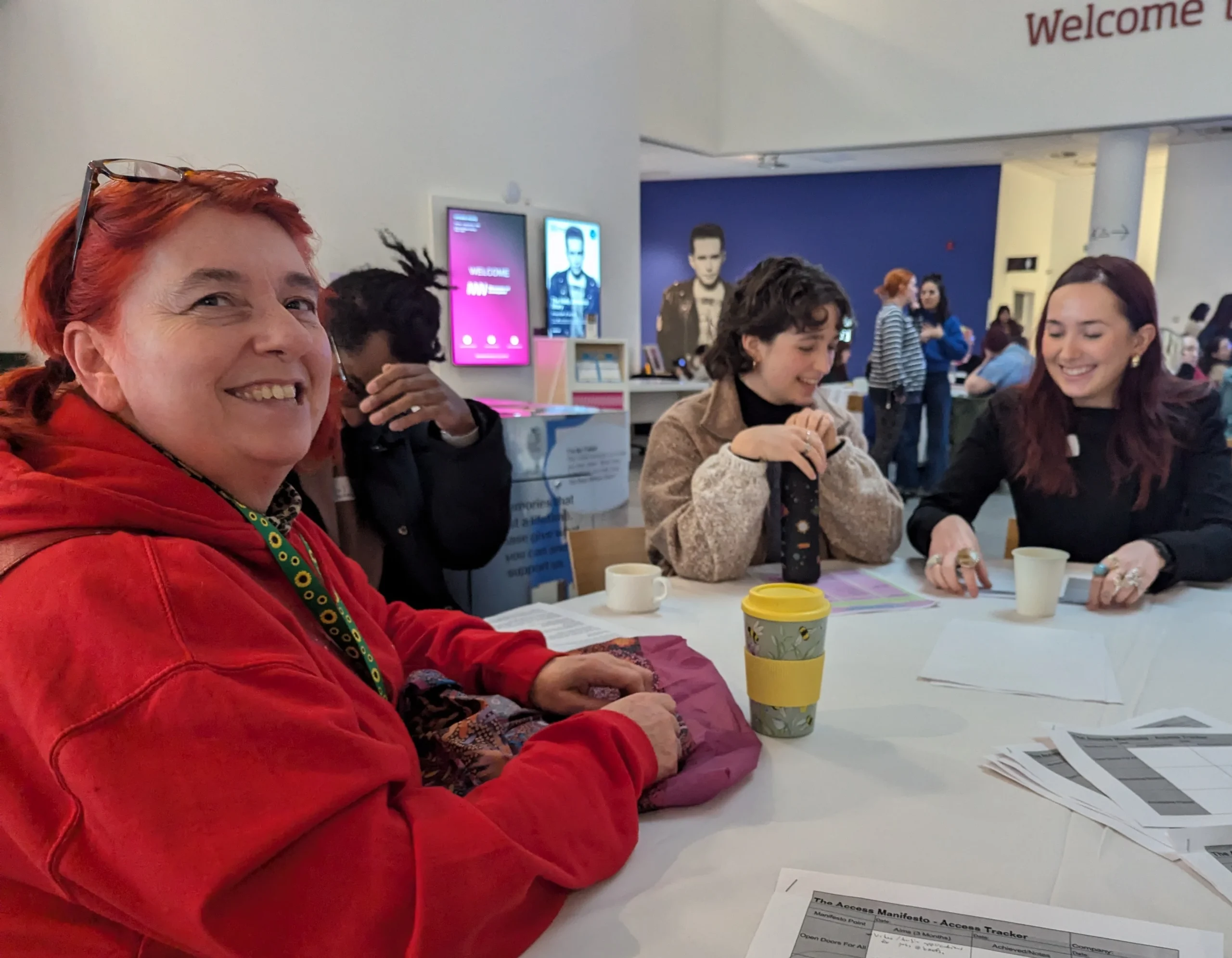
Listening, Creating, and Taking Action: The Birth of The Access Manifesto
Maisy Gordon, an actor in High Times and Dirty Monsters, and Ayzah Ahmed, a Graeae Young Company member, recognised the need for continued activism. They found that many arts spaces were not only failing them but were also neglecting the majority of disabled people they worked with.
20 Stories High and Graeae led sessions in Liverpool and London to learn more about how young disabled people feel within theatres and the arts. The sessions were focused on creativity and discussion. The participants in the sessions created poetry, music, artwork, devised scenes, stand up comedy and wrote songs in response to the conversations that took place.
“One of the biggest topics that came up in the workshop was how few disabled people are seen on stage. It’s not just about young disabled creatives needing to see people like them in the arts, but also about young disabled people wanting to see themselves in stories and characters, just like everyone else. The lack of representation is really harmful to disabled people in our community. It makes us feel invisible and excluded. Representation matters, and right now, there’s a big gap that needs to be filled.” – Maisy Gordon
Ayzah and Maisy then collected all of the thoughts, ideas, and provocations to develop a practical, step-by-step guide aimed at helping arts organisations and venues take significant strides toward making the arts more accessible for young audiences, participants, and artists. This is how The Access Manifesto was born, a tool made by those who are directly impacted to inspire and guide the arts sector towards a more inclusive future.
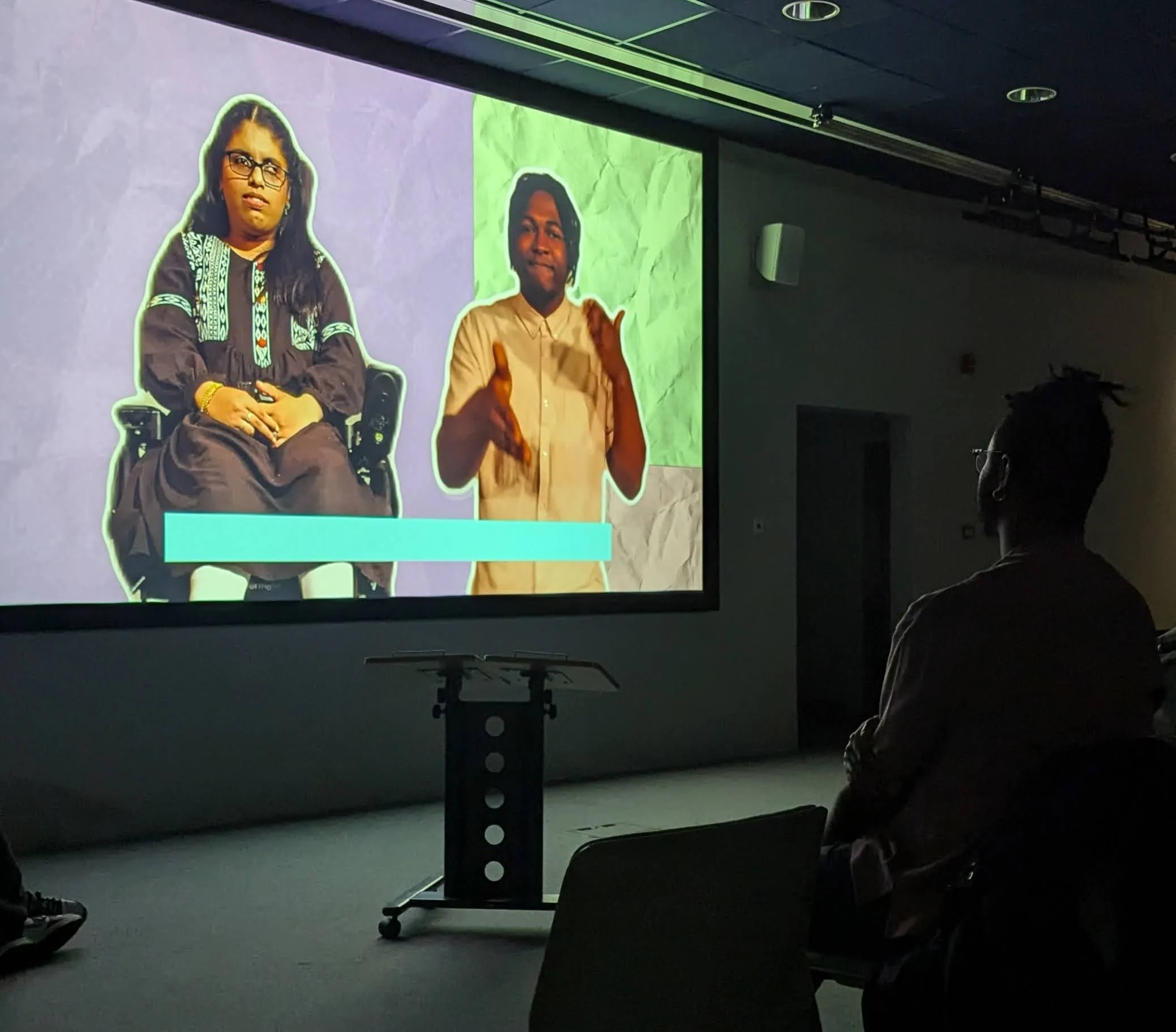
The Access Manifesto Screening & Workshop Event
In January, 20 Stories High in collaboration with Graeae Theatre Company held a screening and workshop event for The Access Manifesto. The event was open to artists, organisations and leaders to come together and watch the film, learn about the available resources and share learning around accessibility. Taking place at the Museum of Liverpool, the event had over 60 creatives attend, and start to take action.
“It was fantastic to go to 20 Stories High’s Access Manifesto launch event and see so many local theatres and arts organisations fully engaged in coming up with solutions to remove barriers for disabled creatives and audience members.” – Laurance Clark
Hosted by Paislie Reid, Maisy Gordon and Jayden Reid, the event allowed participants to start working on their ‘access tracker’, a resource available online that helps plan accessibility improvements for the short and long term.
“In the lead up to the event I felt safe to ask for what I needed and this was fully supported. It was so useful to talk to other organisations big and small about how they are currently making lasting change and what initiatives they are using to do so. It was a safe, supportive and innovative space.” – Abigail Middleton, Liverpool’s Royal Court
The Access Manifesto screening and workshop also saw 23 individuals and organisations pledge to follow the manifesto, and continue to develop their accessibility going forward.
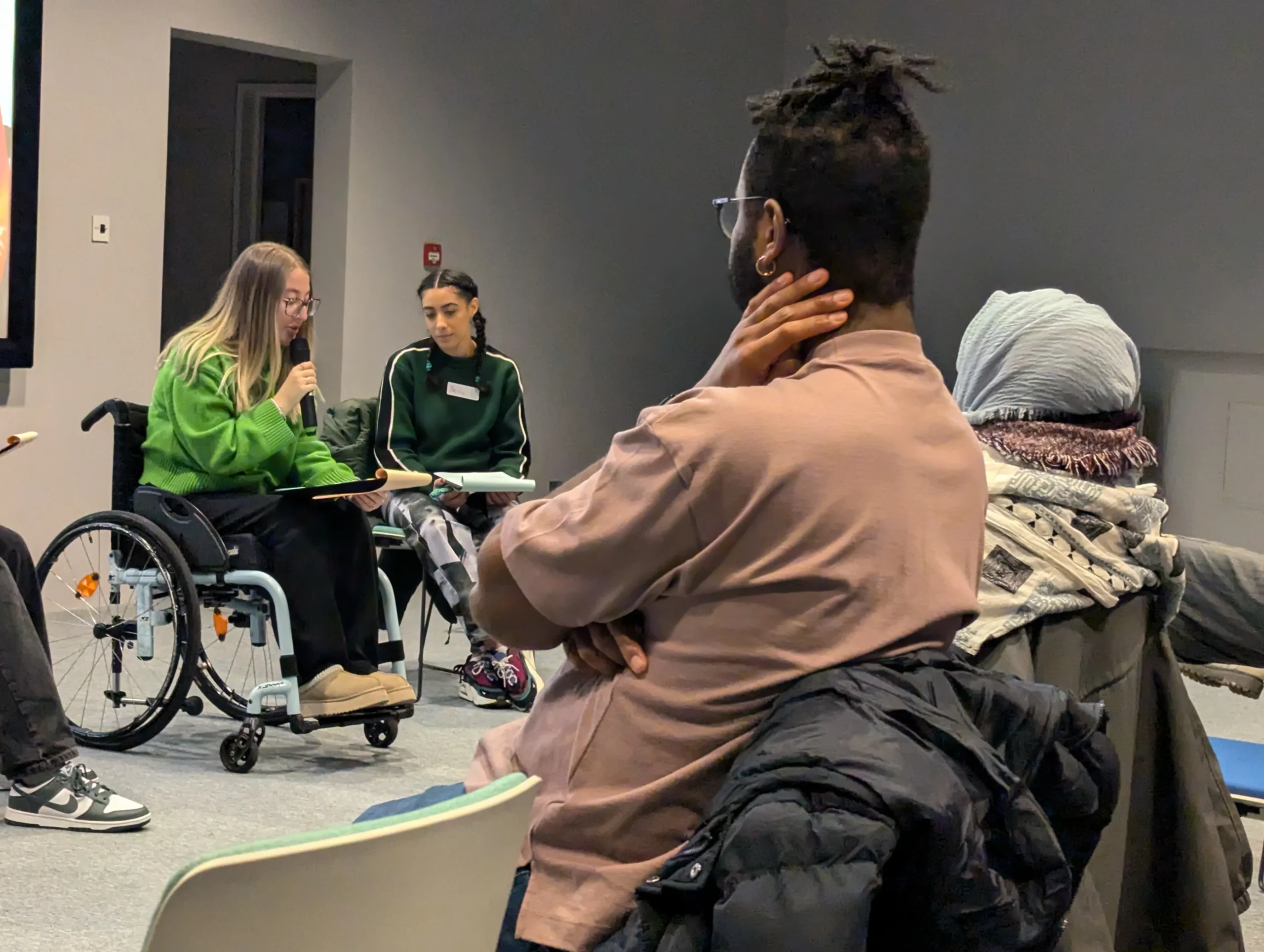
The Access Manifesto Film & Resources
The Access Manifesto is a film performed and written by Ayzah Ahmed and Maisy Gordon, and interpreted by Jayden Reid that features poetry and 8 Manifesto points. The Manifesto can also be accessed as a document in various different formats including large print, dyslexia friendly and easy read. You can watch or read The Access Manifesto here.
Since the launch of The Access Manifesto in July 2024, Maisy Gordon has worked with the organisations to release multiple guides and resources to accompany the film. These were aimed at spreading more awareness around disability, access and how to practically use The Access Manifesto as a tool.
A highlight of these is the ‘Using The Access Manifesto’ guide, a document that goes into more detail about each manifesto point in a practical way and gives examples of free and paid ways you can improve access in your venue, organisation or practice.
Pledge to Follow The Access Manifesto
20 Stories High and Graeae are inviting individuals and organisations to join in a collective effort to promote accessibility in the arts. By pledging to follow The Access Manifesto, you’ll play an active role in helping to create lasting, meaningful change in the sector.
To pledge, visit 20storieshigh.org.uk and check out The Access Manifesto page.

